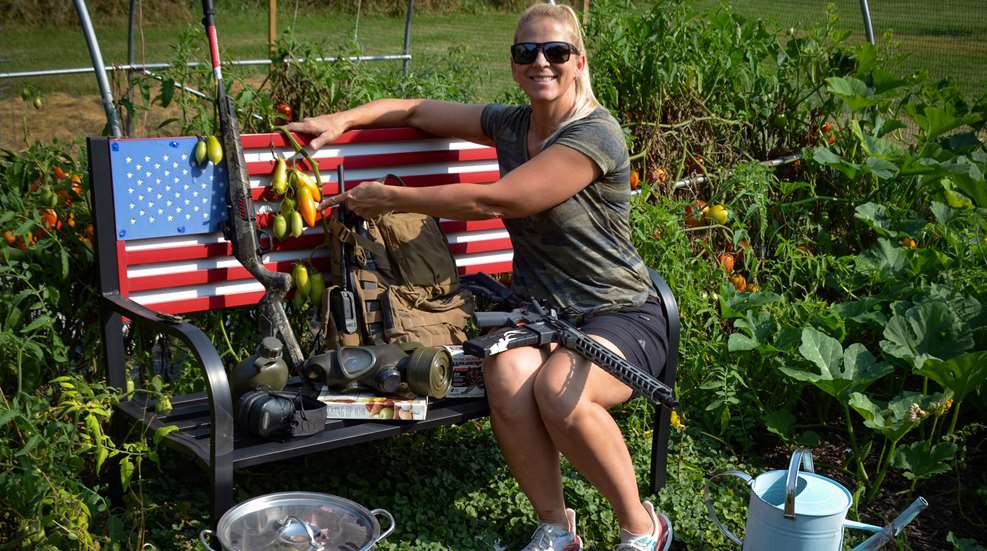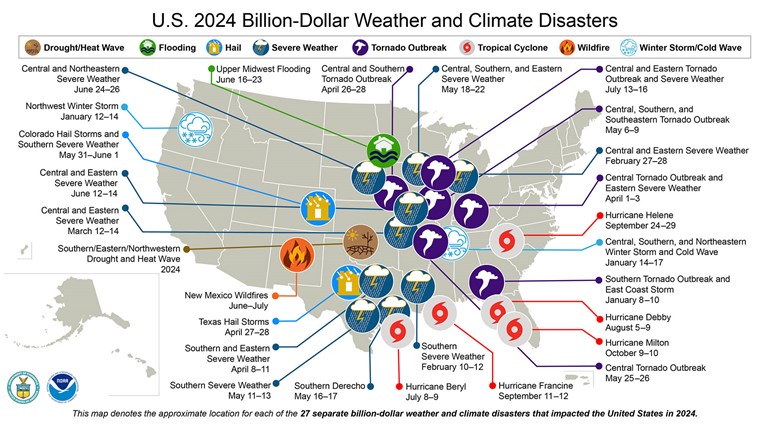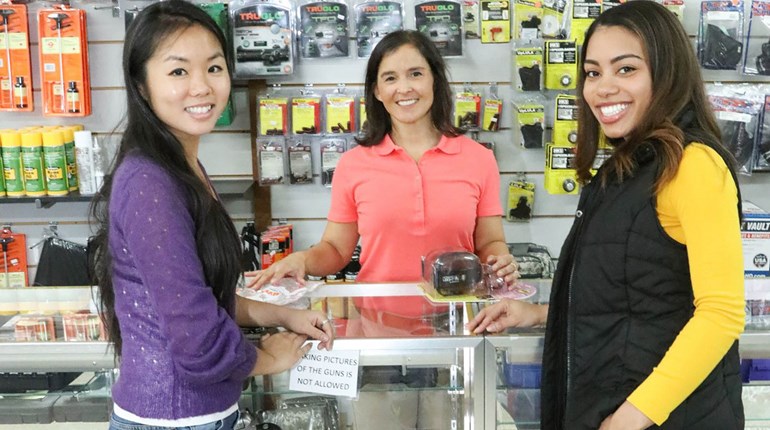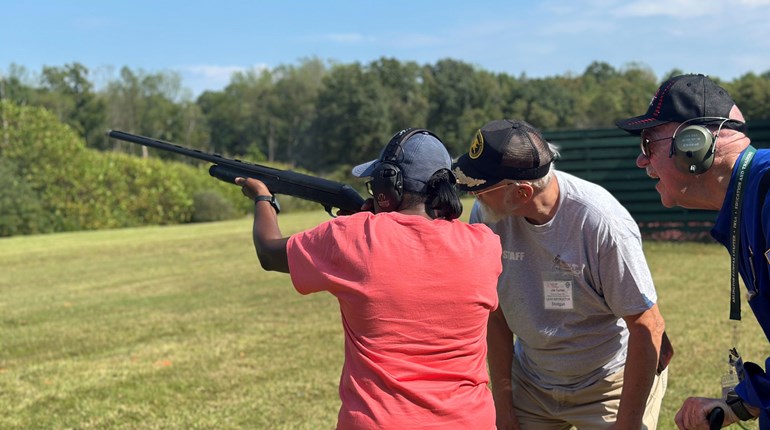
As 2024 progresses, more and more Americans are feeling the need to do to be as self-sufficient as possible. That means everything from growing a garden to growing skills to defend their family from danger. Here are some resources to help you take steps to further your family readiness.
Develop and Understand Tactics
Not everyone who wants to care for their family’s safety wants to be “tactical,” but tactics, or methods of action and planning, are necessary. The very definition of a tactic is: an action or strategy carefully planned to achieve a specific end.
Modern understanding of the word tactical usually implies military-like gear and behavior—and the military must function in a carefully planned way to achieve their goals. While being tactical (planned, focused and strategic) doesn't make you the military, you can gain insight into how to better plan and achieve goals from observing “tactical” behavior.
Because a tactical mindset is beneficial to people who plan and have goals, there are many books to read and accounts online from which a person can learn. So don’t automatically brush off anything with “tactical” in the name as not for you. Parents have tactics for dealing with rowdy children, teachers have tactics for teaching phonics, so don’t get stuck on not wanting to be “tactical.” You do need some tactics to undertake the process of developing yourself and your family to be self-sufficient.
Books: Hard Copy Information is Essential
If you have to arm your family with information, especially with the thought that the internet might not always be available, where do you start? Think about the necessities of life: food, water, shelter and security.
Books with information about survival are rarely going to become obsolete. Sure, someone might one day develop new technology for generating electricity, but facts about food, water, fire and air are not going to change. Learning how to obtain and generate the resources you need to survive and detailed information on systems and processes is a commodity that is invaluable in a survival situation.
- Food: What can you grow, hunt, and forage for where you live?
- Gardening books for your climate.
- Seed-saving guide—even if it’s printed information from the internet.
- Canning books and food preservation
- Long term food storage
- Wild edibles and foraging guide
- Water: Do you have a source?
- Water purification and production: books on wells, solar stills, and pumps
- Directions on how to build a Berkey water filter and filters needed
- Directions on how to clean varying degrees of contamination from water
- Directions for using any portable filter that you might own
- Shelter : Where do you stay during an emergency and beyond?
- Building temporary shelters
- Guide to heating with wood
- Guide to generators and keeping appliances running in a temporary outage
- Off-grid power supply options
- Security: How will you provide security?
- How to defend your family
- How to fortify your home
- How to move from place to place discreetly
- Establishing a local support network
- Survival: What skills can strengthen your resilience to harsh environments?
- Survival books, like Prepared
- Shelter from chemical/ biological / nuclear attacks
- Survival medicine books related to first aid, minor illness, and first responder skills
- Radio and communication skills
- Maintenance: Can you maintain the tools you have and will need?
- Books on maintaining your vehicles: engine, tires, brakes, etc.
- Books or manuals for your appliances and how to repair them.
- Download the manual for your furnace, AC unit, washing machine, etc.
The broad range of topics under each of these headings can make it daunting to start reading, but the fact that you can buy books for reference, and print so many guides off the internet should encourage you. Involve your family. Have the person who likes gardening work on that area of information and gear. Have the foodie work on food preservation and supplies. Have a mechanically-inclined person in charge of shelter. If someone in your family is in healthcare, get them involved in procuring supplies or teaching the family and telling them what classes to take. If you have a person who likes technology, get them to spearhead radios and communication.
The other area for which the internet can be useful is in the realm of educator accounts. Pages, substacks, guides—usually run by people who want to see their fellow citizens prepared and capable. Follow some. Watch the short-form video that everyone consumes so much of today, but forget consuming platforms that are nonsense and memes. Find substance! Fill your feed with actual food for your brain. Stop doom-scrolling and wasting your time with things that are not productive.
Accounts to Follow with Food for Thought
These are just a handful of accounts related to the above topics. There are so many niche accounts you can find. Fill your social media platforms with information, substance, and better your life and your communities! (Hint: go into your settings on Instagram, clear your searches. Then on your explore page, hit those 3 dots and tap “not interested” by all the things you don’t want to see. Follow some accounts that you want to see and keep the platforms feeding you what you want to consume. Make the algorithm work for you.)
Tactical Forge Great visuals for those with zero tactical training. You don’t have to be in the military or law enforcement to learn about roles that need to be filled in order to stay safe with your “road trip” companions. Hint: it does not involve being buried in your phone. In fact, understanding the roles different people play in different scenarios will probably help you and your family to be more aware to safely navigate everyday life.
Fieldcraft Survival Everything from a bag for your day on the boat, to what to keep in your vehicle, to water purifiers and skills you need to survive both in urban and remote environments.
Tactical.belle Lots of info on radio and communication, land nav, to generators, gas masks, and survival skills.
Kevin Estela/estelawilded Not just survival, but a healthy dose of common sense for people who have not experienced the reality of where food comes from to essentials needed to navigate everyday life.
In the end, your self-sufficiency and success in life depend on one person: you. And the simplest step to take is to flip the switch on what you consume. Go out and fill your mind with worthwhile substance and be an asset to your family and those around you.














































